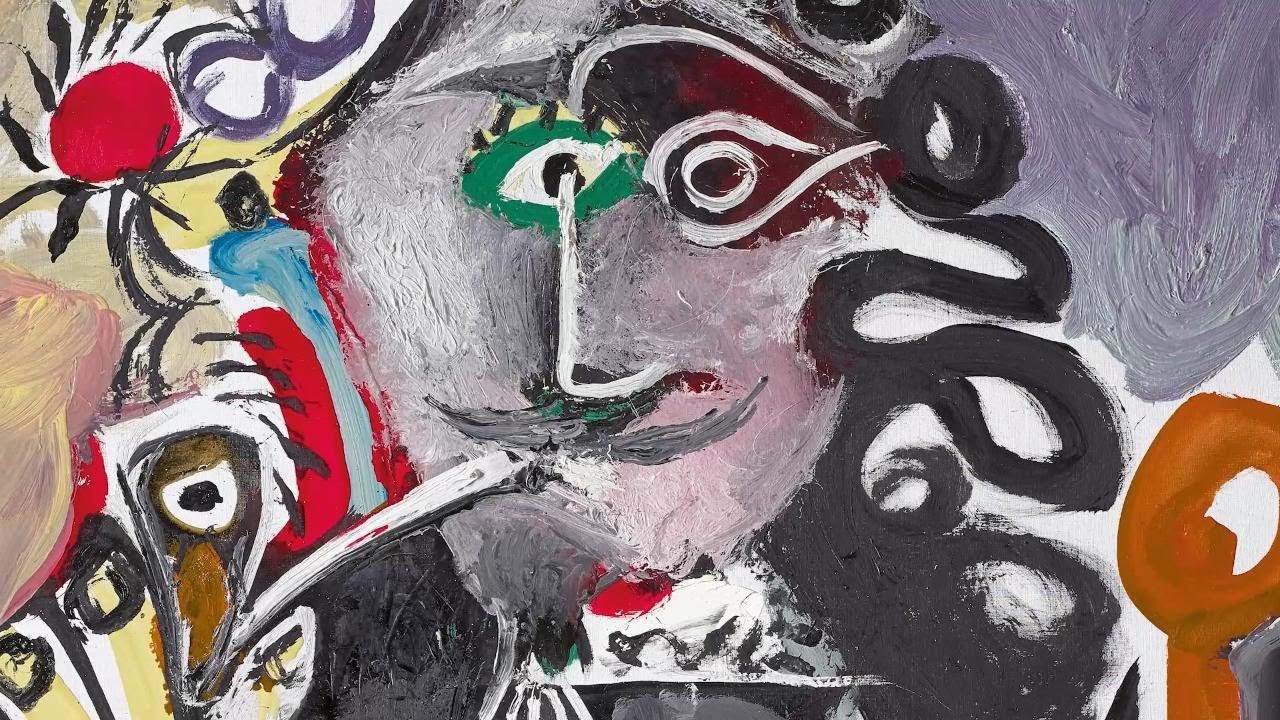Cornelius Climatus (b. 1972, Copenhagen) is a Danish-American artist and writer who grapples with the preservation of authentic subjectivity in an age of commodification and digital abstraction. Echoing his distant relative Søren Kierkegaard’s dictum that “subjectivity is truth,” Cornelius explores how this principle can survive in our increasingly digitized world.
Cornelius currently lives along California’s Central Coast – being close to the ocean is important to him. He draws inspiration from his Scandinavian roots and extensive travels through South America and Asia. He has developed a deep appreciation for diverse cultures. Environmental concerns, particularly climate change, figure prominently in his work. His work also demonstrates a deep engagement with both European intellectual traditions and contemporary global dialogue, reflecting a complex academic background in literature, philosophy, and mathematics. He appreciates the clarity in ancient philosophy, but prefers literature and poetry, and the systematic questioning of truth claims in contemporary European thought. He advises young people to study mathematics for its ability to provide “the satisfaction of truth.“
Cornelius’ style is influenced by many writers. He mentions one of them more frequently: the enigmatic author Benno von Archimboldi. Though he claims to have no direct connection to him, he acknowledges his influence, and he likes to quote: “Where is the line between fiction and reality in anyone’s life?” Subsequently, Cornelius chooses poetry as his preferred medium, which, as he claims, works better than prose to expose this line. His work often explores what he calls “conscious detachment,” as evidenced by his 2015 chapbook, “Transient Light.” In it, he practices a strategic withdrawal from digital noise and market forces to foster a more meaningful engagement with the natural world. This concept is further developed in his forthcoming collection, “Edges of Being.” He expresses a marked skepticism towards social media, stating, “I don’t want followers,” although he maintains a minimal Social Media presence and welcomes email feedback.
Cornelius’ creative process mirrors his philosophy, alternating between periods of intense collaboration and solitary retreats into nature. This rhythm informs both his artistic output and his engagement with humanitarian causes, including Amnesty International, Doctors Without Borders, and Greenpeace. Ultimately, Cornelius’ work offers a nuanced perspective on navigating the complexities of modern existence, suggesting that authentic subjectivity remains possible through a commitment to direct human connection, environmental stewardship, and a carefully considered resistance to the homogenizing forces of contemporary culture.
